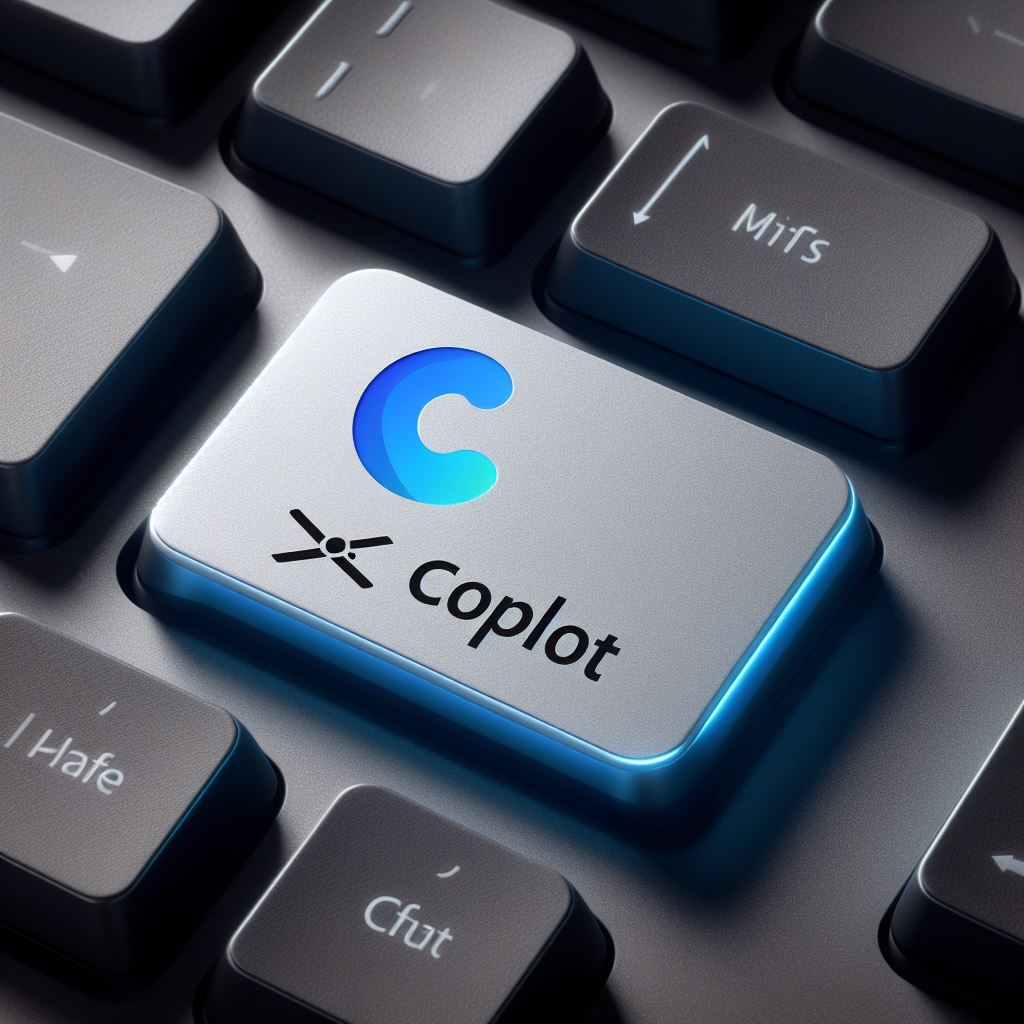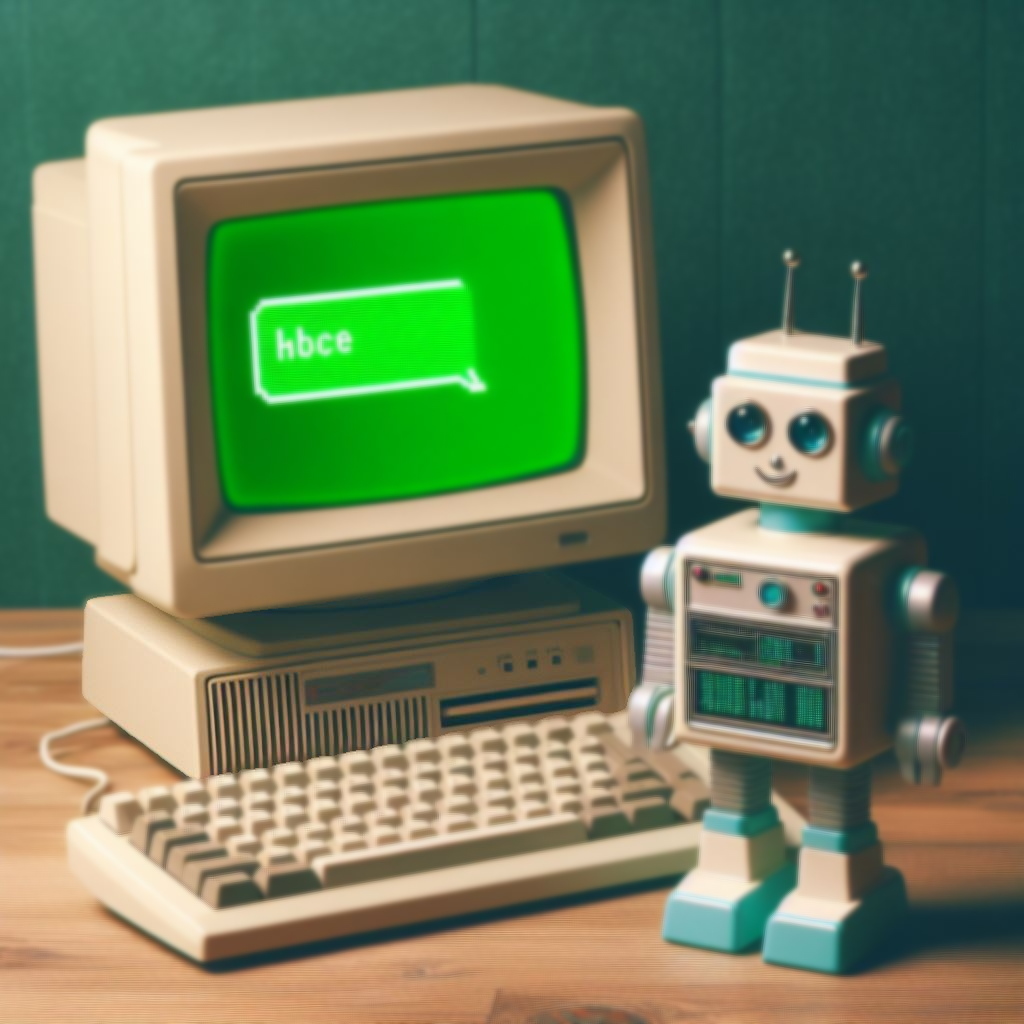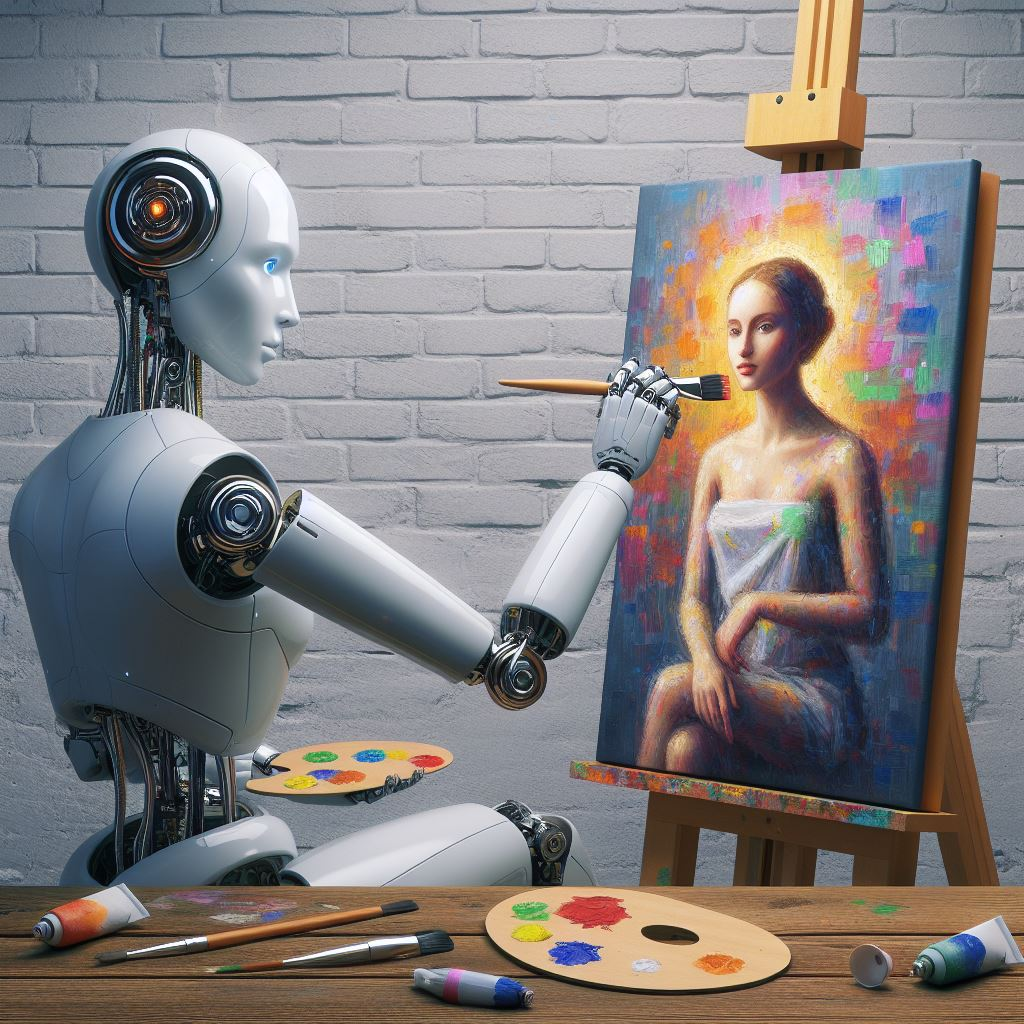Microsoft Introduces Copilot Key for PC Keyboards
In the ever-evolving landscape of technology, Microsoft continues to push boundaries, integrating generative AI capabilities into both its software and hardware offerings. The latest stride in this journey comes in the form of the Copilot key, a dedicated button on PC keyboards designed to seamlessly access Microsoft’s AI assistant, Copilot. This innovation marks a significant departure from the traditional Windows keyboard layout, with the Copilot key positioned strategically to facilitate quick access to AI-driven functionalities.

Microsoft’s commitment to AI integration doesn’t stop at the surface level. Beyond software enhancements, the company is poised to revolutionise the hardware landscape, ushering in a new era of AI-powered computing. With chipmakers like Intel, AMD, and Qualcomm incorporating neural processing units (NPUs) into their latest silicon, the stage is set for a paradigm shift in how users interact with their devices.
The introduction of the Copilot key is a testament to Microsoft’s relentless pursuit of innovation. By seamlessly integrating AI capabilities into the Windows operating system, Microsoft is empowering users to accomplish more with their PCs. Whether it’s accessing information, executing commands, or creating AI-generated images, the possibilities are endless with Copilot at your fingertips.
But the Copilot key is just the beginning. Microsoft’s Chief Marketing Officer, Yusuf Medhi, has dubbed 2024 as “the year of the AI PC,” hinting at even more advancements on the horizon. Rumours swirl about the potential release of “Windows 12,” a new operating system poised to deepen the integration of AI features into the UI and applications.
The unveiling of Windows Copilot for Windows 11 was met with excitement among tech enthusiasts, but Microsoft isn’t stopping there. The company is extending Copilot support to Windows 10, ensuring that users across different versions of the operating system can experience the benefits of AI-driven assistance. This move underscores Microsoft’s commitment to inclusivity and accessibility, ensuring that all users can leverage the power of AI regardless of their operating system version.
As Microsoft continues to blur the lines between software and hardware, the future of computing looks brighter than ever. With AI becoming increasingly ingrained in our daily lives, Windows is poised to lead the charge in delivering intelligent, personalised experiences to users worldwide. The Copilot key serves as a symbol of this transformation, offering a glimpse into a future where AI seamlessly augments human capabilities.
But Microsoft’s AI ambitions extend beyond the realm of operating systems. The company’s collaboration with Intel hints at a “Windows refresh” in 2024, with the potential release of Windows 12 driving PC upgrades and revenue growth. Intel’s Meteor Lake desktop platform, equipped with a dedicated AI coprocessor, aligns perfectly with Microsoft’s vision of a future powered by AI.
With Microsoft’s focus on AI-driven innovation, the possibilities for Windows are limitless. From enhanced productivity tools to immersive user experiences, AI promises to revolutionise the way we interact with technology. As we eagerly await the arrival of Windows 12 and the next wave of AI-powered features, one thing is clear: Microsoft is leading the charge towards a future where intelligence is integrated into every aspect of computing.
As Microsoft’s AI integration permeates every aspect of computing, the implications of this transformation are far-reaching. Beyond enhancing productivity and streamlining workflows, AI-driven features have the potential to revolutionise industries ranging from healthcare to finance. With Windows serving as the gateway to these advancements, Microsoft is positioning itself as a key player in the AI revolution.
One area where the impact of AI integration is particularly profound is in accessibility. By leveraging AI technologies like Copilot, Microsoft is empowering users with disabilities to interact with their PCs in new and innovative ways. From voice commands to predictive text, AI-driven assistive technologies have the power to level the playing field and make computing more inclusive for all.
Moreover, the Copilot key represents a paradigm shift in how we interact with technology. By providing a dedicated button for accessing AI assistance, Microsoft is simplifying the user experience and making AI more accessible to everyday users. This democratisation of AI has the potential to unlock new possibilities for innovation and creativity across diverse user demographics.
Looking ahead, the rollout of the Copilot key sets the stage for further advancements in AI integration. As Microsoft continues to refine its AI-powered offerings, we can expect to see even more seamless integration between software and hardware. From intelligent virtual assistants to personalised user experiences, the future of computing is bright with possibilities.
Beyond its immediate impact on user experience, the introduction of the Copilot key signals a broader shift in the tech industry towards AI-driven innovation. Microsoft’s decision to integrate AI capabilities directly into its hardware reflects a growing recognition of the transformative potential of artificial intelligence. As AI continues to evolve, we can expect to see further integration into everyday devices, from smartphones to smart appliances, reshaping the way we interact with technology on a fundamental level.
Moreover, the Copilot key serves as a testament to Microsoft’s commitment to staying at the forefront of technological innovation. By investing in AI-driven solutions like Copilot, Microsoft is positioning itself as a leader in the AI space, driving forward the development of intelligent systems that enhance productivity, efficiency, and creativity.
From a societal perspective, the widespread adoption of AI-driven technologies like Copilot raises important questions about privacy, security, and ethics. As AI becomes increasingly integrated into our daily lives, it’s crucial to ensure that these technologies are deployed responsibly and ethically, with safeguards in place to protect user data and prevent misuse.
Additionally, the introduction of the Copilot key underscores the growing importance of AI skills in the workforce. As AI becomes more ubiquitous, the demand for individuals with expertise in AI development, machine learning, and data science is expected to soar. By incorporating AI capabilities directly into its products, Microsoft is not only empowering users but also catalysing the development of AI skills and expertise around the world.
The introduction of the Copilot key represents a watershed moment in the evolution of computing. By bridging the gap between software and hardware, Microsoft is paving the way for a future where AI is seamlessly integrated into every aspect of our digital lives. As we embark on this journey towards a more intelligent and connected world, Microsoft’s commitment to innovation and accessibility ensures that no one is left behind in the AI revolution.
In conclusion, the integration of AI into Windows represents a pivotal moment in the evolution of technology. With the Copilot key paving the way for seamless AI integration, Microsoft is shaping the future of computing one innovation at a time. As we embark on this journey towards a more intelligent and connected world, the possibilities are endless with Microsoft at the helm.
for all my daily news and tips on AI, Emerging technologies at the intersection of humans, just sign up for my FREE newsletter at www.robotpigeon.beehiiv.com






